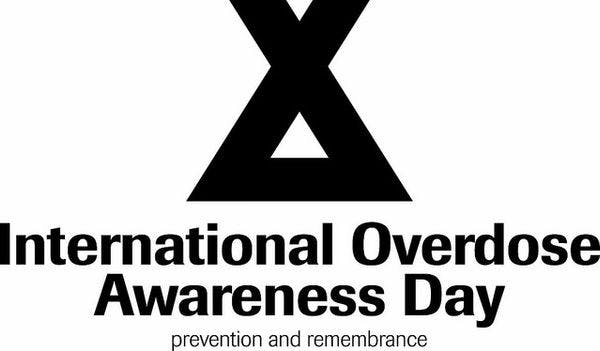Preventing avoidable deaths: what steps to take to mitigate opioid overdose?
In Europe, drug overdose continues to be the leading cause of death among people who use drugs (PUD). In 2014, it was estimated that overdose caused 18.3 deaths per million population aged 15-64, and rates of more than 40 deaths per million were reported in eight European countries. Overdose accounts for more than 3.5% of overall deaths in males under 40 years of age, with 78% of overdose victims being male. Older opioid users were shown to be particularly vulnerable, although a recent slight increase in drug-induced deaths among users aged under 25 has been reported in some countries.
In spite of a promising European trend between 2009 and 2013 - when reported overdose deaths declined, thanks to the scaling-up of treatment and harm reduction interventions – the 2016 analysis showed a rise in drug-induced deaths related to heroin and other opioids. This is of particular concern in the most recent data from countries with fairly robust reporting systems (Germany, Sweden and the UK). Moreover, synthetic opioids and medical purposed drugs are acquiring a substantial role in overdose deaths in some European countries (e.g. UK, France, Ireland, Finland), with fentanyl, methadone, buprenorphine and tramadol being more frequently mentioned in toxicology reports.
This brief snapshot suggests new challenges in the realm of ‘old’ problems. The increasing complexity of Europe’s drugs situation is now challenging practioners, policy makers and researchers to formulate effective responses for the mitigation of these avoidable deaths.
The Euro HRN Project II - Overdose prevention in Europe: collating lifesaving practices As a contribution to this challenge, the European Harm Reduction Network developed a project with the general purpose of identifying and sharing best practice in overdose prevention. APDES (Portugal) and Akzept (Germany) contributed to the project by providing an overview of existing programmes and devices for reducing drug-induced deaths in Europe; by conducting a review of the effectiveness of measures for preventing opioid overdoses and identifying constraints on the most promising measures; and by formulating recommendations for the prevention of opioid overdose, regarding research, policy, and practice.
Click here to read the full article.
Keep up-to-date with drug policy developments by subscribing to the IDPC Monthly Alert.
Thumbnail: Flickr CC IDPC
